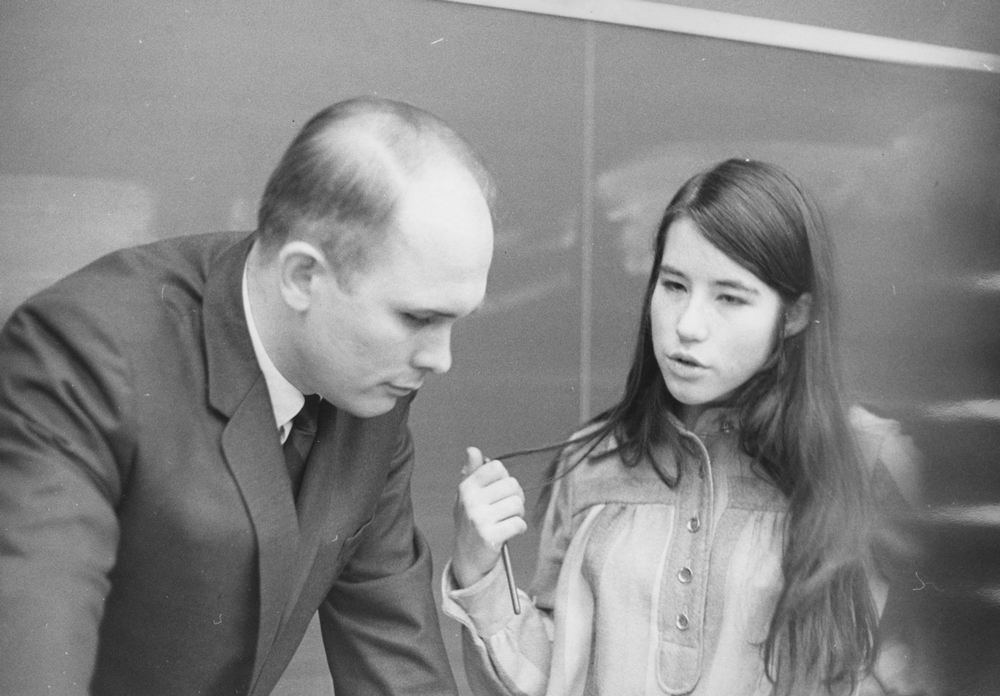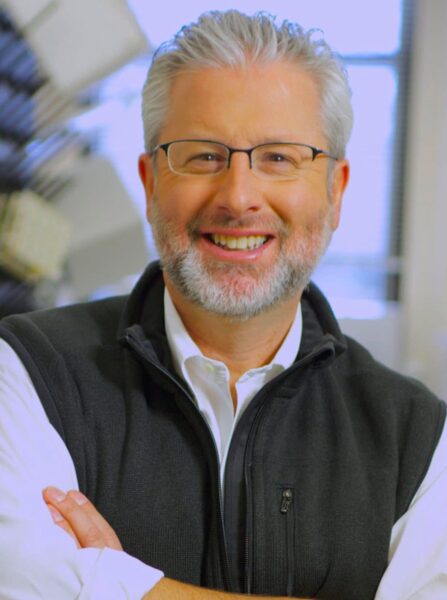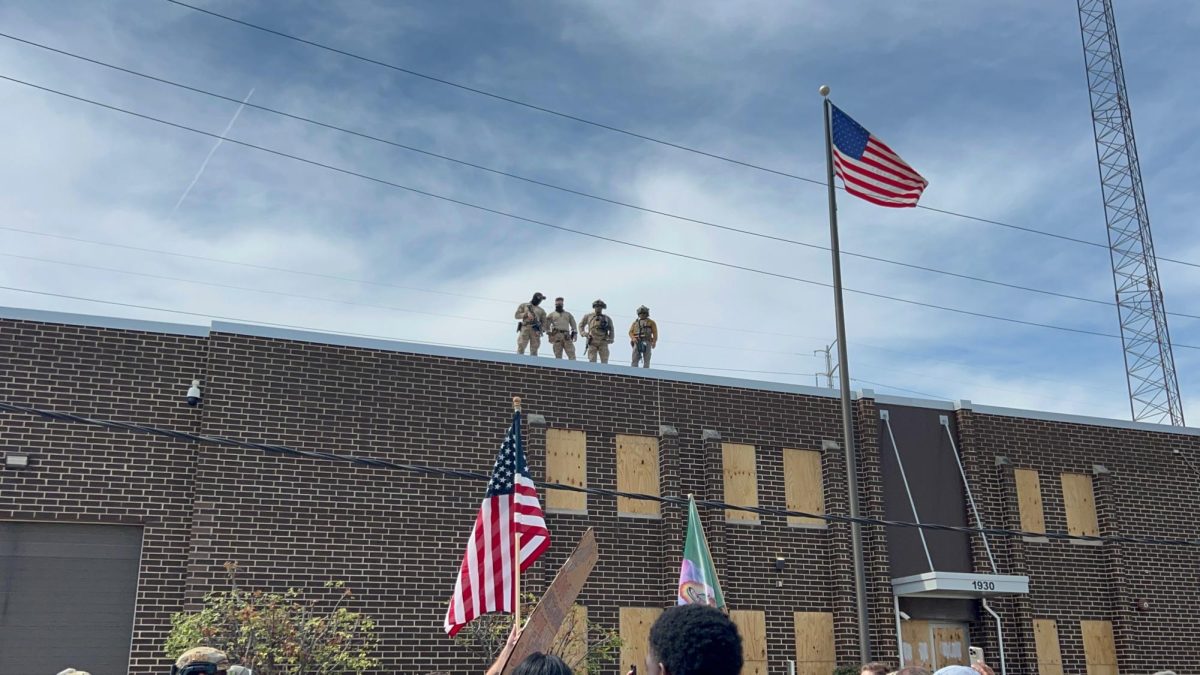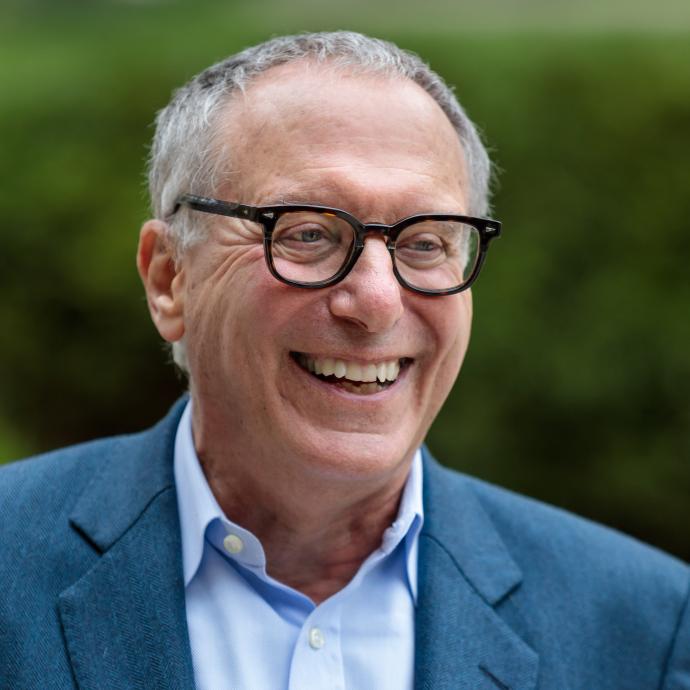The expansion of the University of Chicago’s Police Department is based on a long-term strategy of assisting community redevelopment, according to Henry Webber, the University’s vice president of Community and Government Affairs.
Pending approval by the City Council and the superintendent of police, the UCPD will extend its coverage north into the North Kenwood-Oakland neighborhood—an area some say is attracting more of the University community. Specifically, UCPD would patrol the area from 47th Street to 39th Street, and from Cottage Grove Avenue to Lake Shore Drive in addition to its current jurisdiction.
The community recently approved the expansion at a public meeting, and the City Council and the superintendent of police will consider the change in the near future.
“That procedure is afoot as we speak,” said Rudolph Nimocks, executive director of the University Police. “We think it will take until the end of the year.”
University administrators expressed broad support of the extended coverage, saying it was consistent with their continuing goal to improve the campus and its surrounding neighborhoods.
“The University strives to support the redevelopment of communities on the mid-South Side of Chicago,” Webber said. “North Kenwood-Oakland is a vital link in the University’s goal to be connected to the city by a set of solid, stable, safe, mixed-income communities of high standards.”
According to Fourth Ward Alderman Toni Preckwinkle, community leaders have been the impetus for expansion.
Preckwinkle said that she, along with community leader Valerie Jarret and President of the Conservation Community Council Shirley Newsome, begged University Police to expand their jurisdiction “because the perception and reality of safety are the prerequisites of building a strong community.”
The UCPD was receptive to the new strategy and cited strong police involvement as an important condition for improving the community.
“We’re extending our police services into this new community because we were asked by the community residents and the Alderman, and because the University considers it the act of a good neighbor,” Nimocks said. “Both [communities] are in the process of redeveloping. These extra services come in a timely manner.”
According to Webber, the expansion is not the result of a particular problem but “a recognition that the additional service the UCPD provides improved public safety.”
Residents say they are in favor of the expansion, although some harbor suspicions. “There seems to be unanimity in North Kenwood-Oakland that the U of C police patrols will be a positive thing—whether or not the prime motive is these neighborhoods are gentrifying and infilling with, among others, U of C staff and students,” said Gary Ossewaarde, secretary of the Hyde Park-Kenwood Community Conference.
While University and City Police are separate entities, supported by their respective funding streams, the two agencies work together extensively, according to Nimocks. He said that the agencies monitor each other’s radio calls and that the University Police responds to calls for City Police if they come within the UCPD’s jurisdiction.
George W. Rumsey, president of the Hyde Park-Kenwood Community Conference, said that while the Chicago Police do an admirable and difficult job, the UCPD is generally more attuned to the local neighborhoods and is more focused on the community.
The UCPD “seems to have a better understanding of local neighborhood issues and how to best handle a problematic situation—for example, coping sympathetically with some of our local homeless park residents,” Rumsey said.
The University has provided police coverage for the entire Hyde Park-South Kenwood neighborhood for over 40 years.
Less than a year ago, the UCPD expanded its coverage into the Woodlawn community by having its jurisdiction extended from 61st Street to 64th Street and from Evans Avenue to Stony Island Avenue. Rumsey said that this expansion had a noticeably positive impact on the community.
“The University is to be thanked for responding to the area residents. Having a safe street to walk down—in any neighborhood—benefits all Chicagoans,” he said.
Preckwinkle agreed with the sentiment, expressing gratitude toward University President Don Randel. “[This expansion] will contribute greatly to the stability of these redeveloping neighborhoods,” she said.
At present, the University Police cover the area between 47th and 64th Streets, from Cottage Grove Avenue to Lake Shore Drive, and between 64th to 61st Streets from Evans Avenue to Stony Island Avenue.
10-14-03UCPD








